
Singapore-based Seatrium has delivered a next-generation wind turbine installation vessel (WTIV) to Maersk Offshore Wind, following the completion of sea trials and final readiness evaluations.The custom-engineered vessel is designed to install 15+ MW-class offshore wind turbines and is equipped with a 1,900-tonne main crane featuring a 180-metre hook height.

Mitsui O.S.K. Lines (MOL) has taken delivery of a new liquefied petroleum gas (LPG) dual-fuel very large gas carrier (VLGC), Energia Grandeur.The vessel was ordered by MOL group company MOL Energia from Hyundai Samho Heavy Industries, with delivery taking place off Mokpo port in South Korea on January 29, 2026.

Hafnia has taken delivery of the ECOMAR GIRONDE, the final vessel in its four-ship ECOMAR dual-fuel methanol newbuilding program developed in joint venture with France’s Socatra, completing the newbuilding series.Built at Guangzhou Shipyard International in China, ECOMAR GIRONDE is a 49,800-deadweight dual-fuel, methanol-capable Chemical IMO II medium-range tanker.
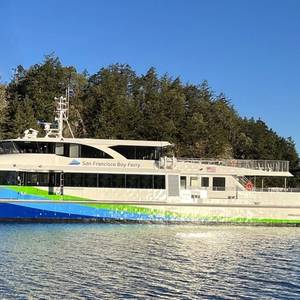
Mavrik Marine, Inc. was selected to build high-speed passenger ferries for the Golden Gate Bridge Highway & Transportation District. Mavrik will construct catamaran passenger ferries as part of the District’s eight vessel Lima Class Ferry Replacement Program to provide transportation services in San Francisco Bay.
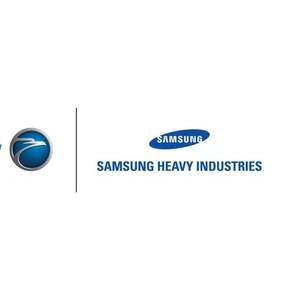
Newbuilds expand AET’s dual-fuel fleet to all of its sectors: Aframaxes, Shuttle Tankers, Suezmaxes and Very Large Crude Carriers (VLCCs)AET signed shipbuilding agreements with Samsung Heavy Industries (SHI) for the construction of two LNG dual-fuel Suezmax tankers.The vessels will further expand AET’s growing dual-fuel fleet operating worldwide.
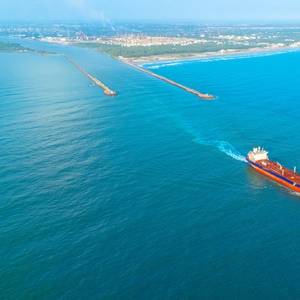
Mexico's top prosecutor said on Sunday that authorities have so far detained 14 people suspected to be involved in the illicit trade of fuels, reiterating that more actions would follow as new information comes to light.On March 19, authorities seized a petroleum tanker in the Port of Tampico, together with nearly 63,000 barrels of diesel it was carrying
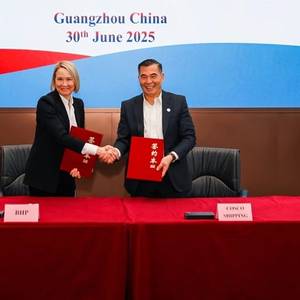
Australia’s BHP Group has signed contracts with COSCO Shipping Bulk, a subsidiary of COSCO Shipping, for the charter of two ammonia dual-fueled Newcastlemax bulk carriers.The new vessels to be built under the arrangement will be two of only a handful of vessels in the world capable of using ammonia as a marine fuel.

Ordering of alternative-fueled vessels is continuing to grow in 2025, despite a slowdown in the overall newbuild market. According to data from DNV’s Alternative Fuels Insight (AFI) platform, new orders for alternative-fueled vessels reached 19.8 million gross tonnes (GT) in the first six months of 2025, exceeding the 2024 figure by 78%.
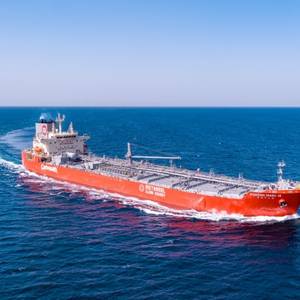
Mitsui O.S.K. Lines (MOL) has taken delivery of the Kohzan Maru VII, a newbuilding dual-fuel methanol carrier, which will serve Mitsubishi Gas Chemical Company (MGC) under a long-term charter.The Kohzan Maru VII was delivered at HD Hyundai Mipo shipyard, where the naming ceremy took place.
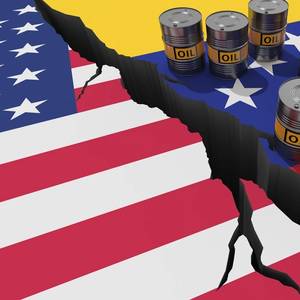
Traders have rebranded more than $1 billion of Venezuelan oil shipments to China as Brazilian crude over the past year, according to two tanker tracking firms, company documents and four traders, helping buyers to cut logistics costs and circumvent U.S. sanctions.Independent refiners in China are the main buyers of seaborne oil shipments from countries sanctioned by the United States

The Israeli military said it carried out airstrikes against Yemen's Hodeidah Port on Monday, a day after the Iran-aligned Houthis fired a missile that struck near Israel's main airport.The military said in a statement that it attacked what it called Houthi terrorist targets in Hodeidah and its vicinity.
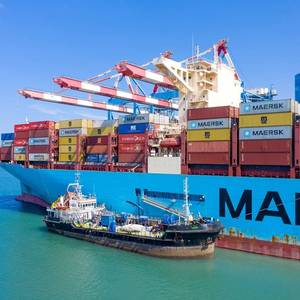
The maritime industry has worked with a single fuel source for over a century and with the rush to meet emission standards in both domestic and foreign markets, adapting to the current list of alternative fuels is going to present significant problems. Each market has its issues whether bluewater, brownwater, coastal, foreign or domestic.